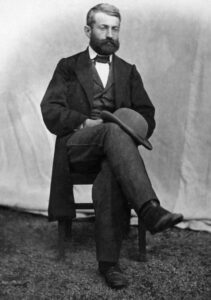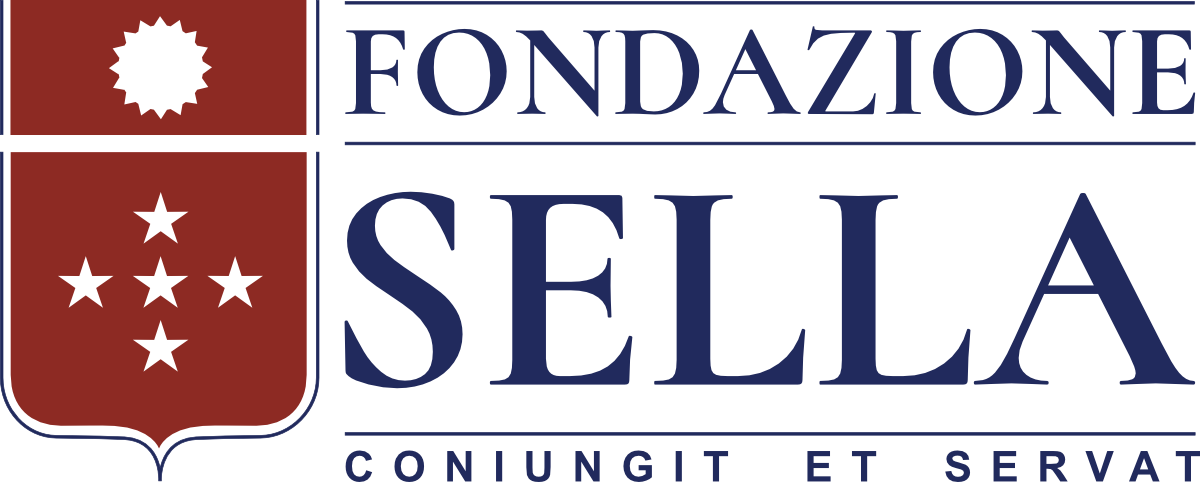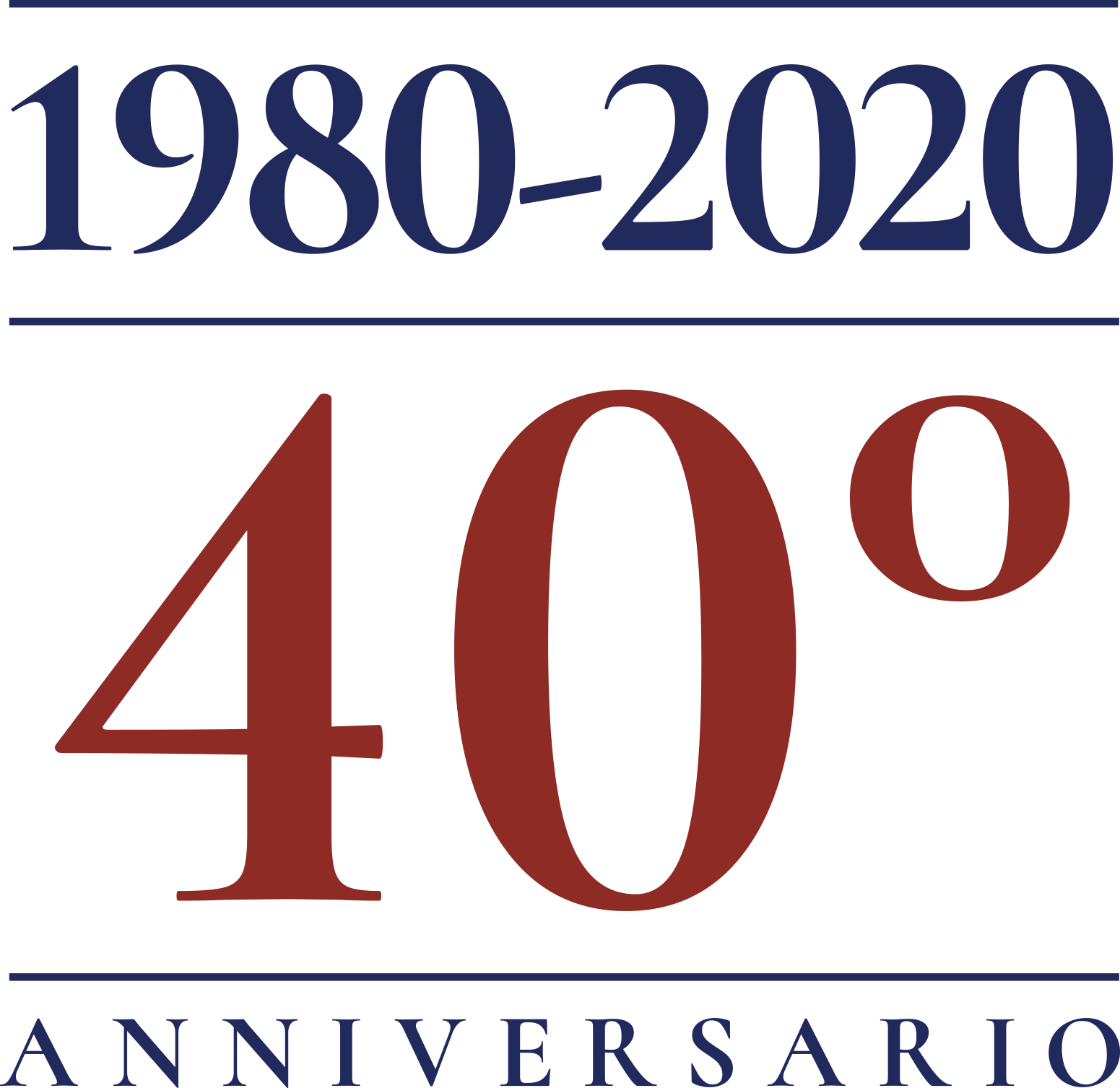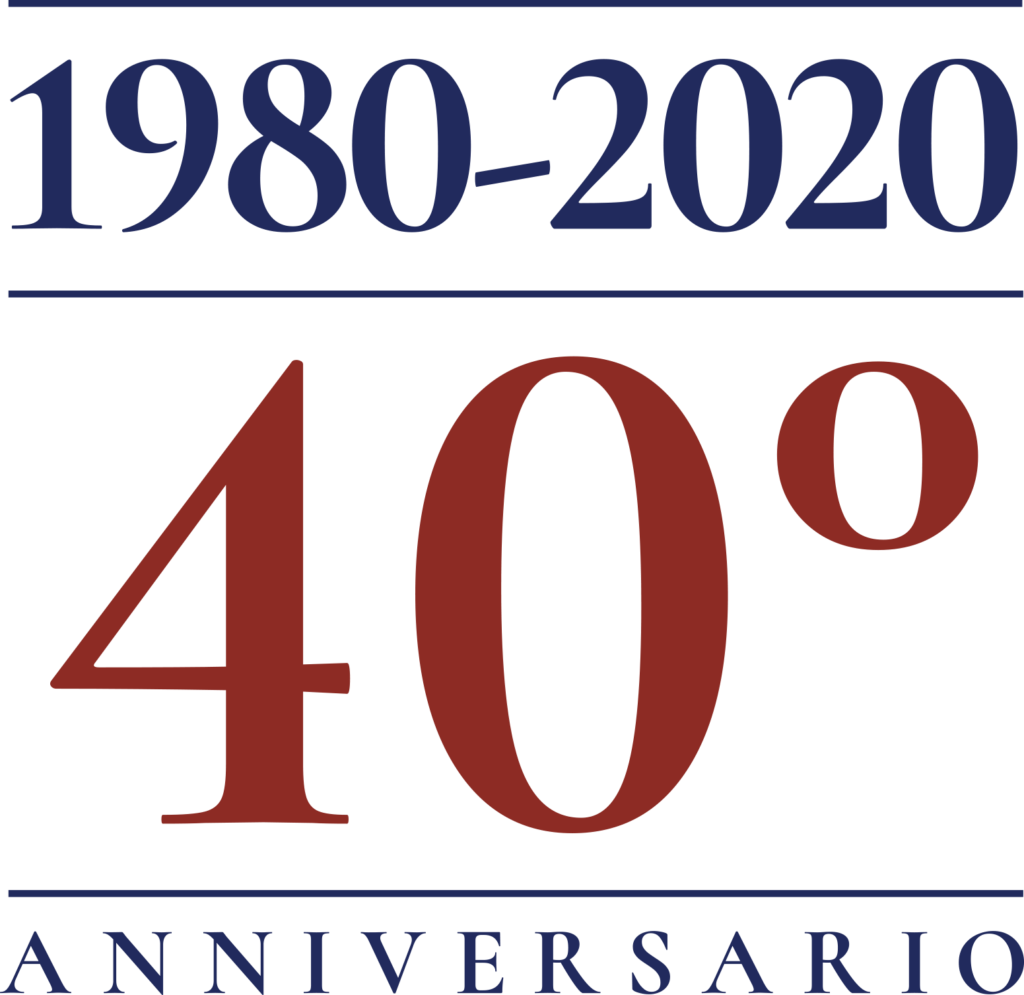Quintino Sella

Date of birth: 1827-07-07
Died: 1884-03-14
Place of birth: Sella di Mosso
Died: Biella
Related archive: SELLA, QUINTINO
Fifth son of the twenty children of Maurizio and Rosa Sella, Quintino was born in Sella di Mosso in 1827.
Sent by his father to study Hydraulic Engineering he graduated at the age of twenty at the University of Turin.
In order to widen his knowledge of the mining industry he was sent at the request of the Sardinian government to attend a three-year specialisation course at the prestigious Ėcole des Mines in Paris which he finished in December 1851.He also went on various study trips to France, Germany and England. On his return to Turin in December 1852 he was appointed professor of Applied Geometry and Mineralogy at the Royal Technical Institute and the following year was appointed temporary deputy of the mining district of Savoy. In October 1853 he obtained the position of substitute professor of Mathematics at the University of Turin. In 1860 at the invitation of Cavour, he stood for election in the constituency of Cossato where he was elected deputy to the Chamber for the Historic Right party. The following year he was appointed general secretary of the Ministry of Education and in 1862 became Minister of Finance in the Rattazzi Cabinet. From this point on, in critical times aggravated by the costs of unification that almost sent the new Italian State into default, he devoted himself to balancing the budget, implementing a strict policy of economies and fiscal austerity with regard to income and expenditure. Sometimes he resorted to unpopular measures such as the tax on flour introduced on 13 December 1865, which led to the downfall of the Lamarmora Ministry; the worsening financial conditions of the state obliged successive ministers to reintroduce this tax under the same terms that Sella had proposed.
He also launched other initiatives such as the privatisation of the railways owned by the state in Piedmont and, as temporary commissioner for the province of Udine, he prevented the return of the Austrians during the armistice of 1866; later he was charged by the government with the redemption of the Railways of Northern Italy, formerly of the Austro-Hungarian Empire, under the terms of the Basle convention of 1875.
Other initiatives focused on the improvement of technical and professional education and the constitution of postal savings banks. As a member of the parliamentary committee inquiry into conditions in Sardinia he reported to the press on mining conditions on the island. From December 1869 to July 1873 he was Minister of Finance in the Lanza-Sella Cabinet and in 1870 he strongly opposed the intention of King Vittorio Emanuele II, first alone and then with other ministers, for Italy to intervene alongside France against Germany. After the defeat of Napoleon III, he was one of the most fervent supporters of the seizure of Rome and among the supporters of the law of the Guarentigie. From 1876, following the defeat of the party of the Historic Right in the political elections, Sella became leader of the opposition party but resigned in June 1878 in order to be able to oppose the government’s proposal for the abolition of the tax on flour. In the years following his nomination as chairman of the Accademia dei Lincei* in 1874, he devoted himself to its refoundation, inviting the most important scientists of the day to join.
An enthusiastic mountaineer, he accomplished various ascents and transmitted his passion to his sons and nephews; in 1863 he founded the Italian Alpine Club (CAI) in Turin in order to increase and spread knowledge of the mountains among Italians.
On 29 September 1881 he founded the Italian Geological Society with Giovanni Capellini.
He died in Biella at his home at the Maurizio Sella Wool Mill, on 14 March 1884 and was buried at the monumental cemetery of Oropa.
* Scientific Academy founded in 1603


